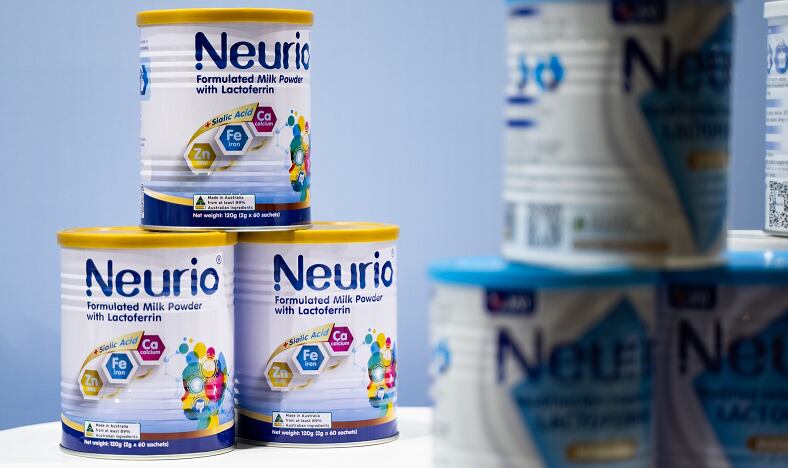A few years ago, precision fermentation was seen to be the intermediate alternative protein technology, between the existing plant-based products and ten-years-down-the-line cultivated meat products.
But given developments thus far, only a few firms such as Perfect Day have succeeded in moving from the tech stage to the commercialisation stage in terms of everyday processed food products (e.g. ice cream or processed meats) hence many in the sector have turned their focus to developing other more high-value products, such as actual nutrients.
A key nutrient that has come into play as a result of this has been the protein lactoferrin, which is commonly found in animal secretions including milk and is well-documented to have antibacterial, antiviral, and anti-inflammatory properties.
“Thousands of studies have been done on lactoferrin which have concluded that it does have immunity and gut health benefits for humans,” former TurtleTree CFO and sustainable food systems leader Alexander Pestalozzi told FoodNavigator-Asia.
“Lactoferrin made using precision fermentation has the added advantage of being able to appeal to a wider group of consumers [including vegans] as this does not come from animal production.”
TurtleTree made a pivot from developing alternative milk and related products using its precision fermentation expertise to focusing on deriving lactoferrin as its star product some time in 2023, with a focus on sports nutrition.
“We’re completely removed from the animal by using precision fermentation, so not only can we step into sports nutrition by improving the supply of lactoferrin, we could also step into the niche category of vegan or vegetarian athletic performers that are missing all of the dairy and meat based proteins essential for optimal function,” TurtleTree Director of Clinical and Scientific Affairs told us previously.
In addition to TurtleTree, other firms looking to develop and market lactoferrin made via this technology include big names like FrieslandCampina as well as fellow precision fermentation specialist All G Foods.
That said, the firm appears well ahead of the game particularly in the United States, with a successful self-GRAS application there as well as partnerships with brands like Cadence Cold Brew and Strive, showing other precision fermentation firms how the road to commercialisation is likely to look for them.
It has also partnered with MAD Foods in Singapore on plans to launch a lactoferrin-containing coffee to be launched in mid-2025
“Coffee is one of the most sought after on-the-go beverages, so it only makes sense that if consumers can have their coffee with some added health benefits,” TurtleTree CEO Fengru Lin added.
“Lactoferrin is typically taken at 100 to 400 mg per day, or 100 mg per serving - Our team plans to complete clinical trials in the future to better understand the most effective dose necessary.”
Watch the video above to find out more.




